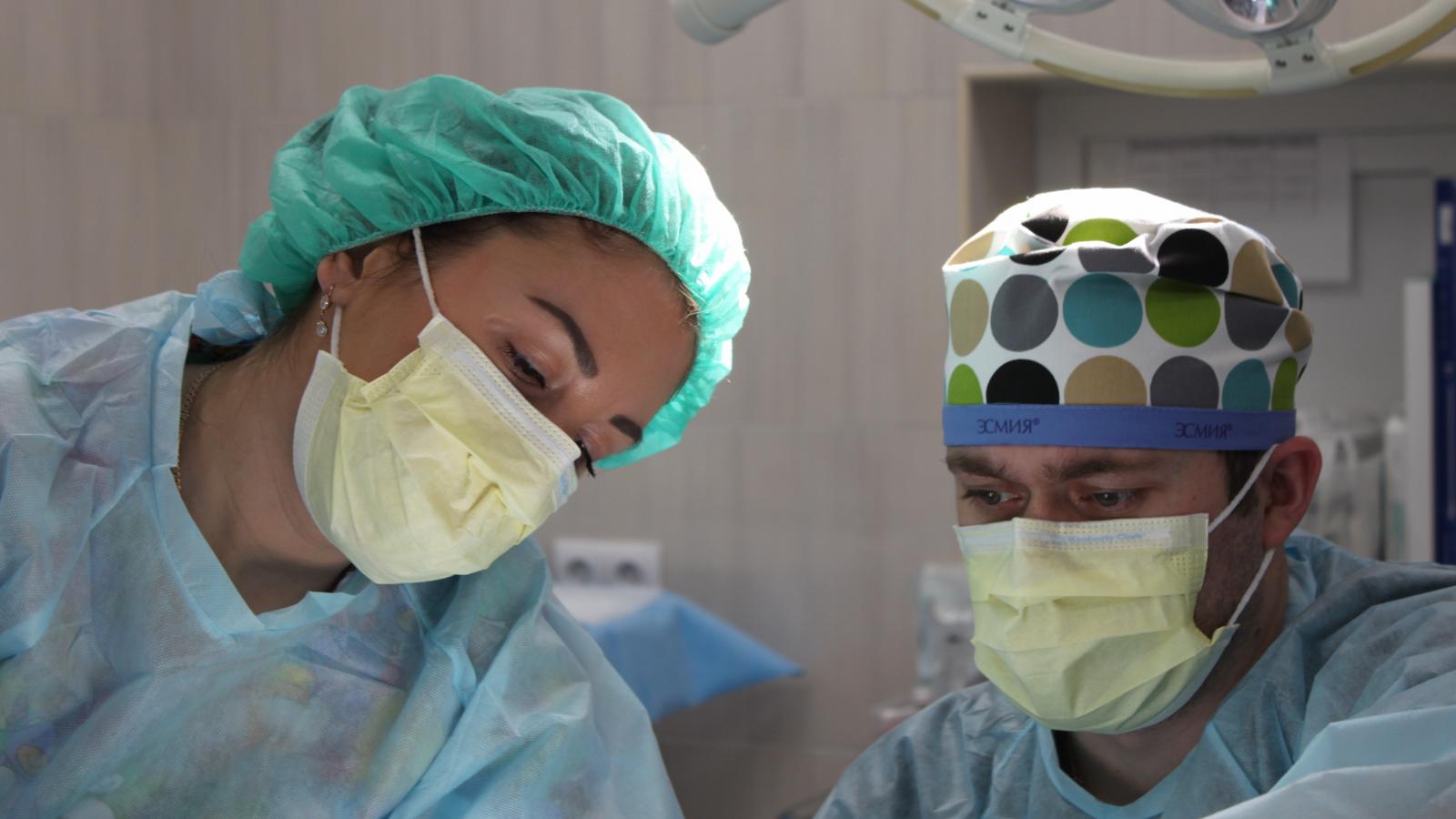How is uterine (womb) cancer treated?

On this page:
Surgery
Surgery is the most common way to treat uterine (womb) cancer. The aim of the surgery is to remove all the tumour.
Your doctor will discuss if surgery is suitable for you. It will depend on the type and size of the cancer and if it has spread.
The most common type of surgery is the removal of the uterus, the ovaries and the fallopian tubes. This is called a total hysterectomy with bilateral salpingo-oophorectomy. Sometimes the lymph nodes are also removed. Read more about surgery for uterine (womb) cancer.
Radiotherapy
Radiotherapy uses high-energy rays to kill cancer cells. The aim is to destroy the cancer cells with as little damage as possible to normal cells. It can be given in two ways:
External beam radiotherapy: The radiation comes from machines which aim rays directly at your tumour or the tumour site.
Internal radiotherapy (brachytherapy): The radiation source is placed inside your body - usually inside your vagina - in special applicators on our near your tumour.
Read more about radiotherapy for uterine (womb) cancer.
Chemotherapy
Chemotherapy uses drugs to kill cancer cells. It can be given after surgery (adjuvant therapy) in the treatment of uterine cancer. It can also be used alone or with radiotherapy. Read more about chemotherapy and its side-effects.
Hormone therapy
The two female sex hormones, progesterone and oestrogen, can affect how cancer cells grow in the lining of your womb. Hormone treatment may be given to help reduce the tumour and control some of your symptoms.
The main hormone treatment is progesterone, which is usually given in tablet or injection form. Side-effects are usually mild – weight gain, fluid retention or feeling sick – but let your doctor know if you have any side-effects that are troubling you.
Targeted therapies / Immunotherapy
Targeted therapies and immunotherapy can help your body to fight cancer, slow its growth or control side-effects from other cancer treatments. Your medical oncologist will tell you if there are any therapies available that will be of benefit to you. Read more about targeted therapies and immunotherapy.
The type of side-effects you get will depend on the type of treatment, the dose, the duration and your own general health.
Your doctor or nurse will discuss any possible side-effects with you before your treatment.
Read about the different treatments to find out more about possible side-effects. You can also read our section Coping with side-effects and symptoms for more information and advice.
Treating metastatic cancer
Metastatic or secondary uterine cancer means the cancer has spread beyond the uterus.
Remember that not all uterine cancers spread.
If you have metastatic uterine cancer, your doctor will aim to slow down the growth of the cancer and reduce or relieve any symptoms you have. Treatment includes chemotherapy, surgery to relieve symptoms and / or hormonal therapy. Or you may be suitable for a clinical trial.
Read more about metastatic cancer.
For more information
Phone
1800 200 700




